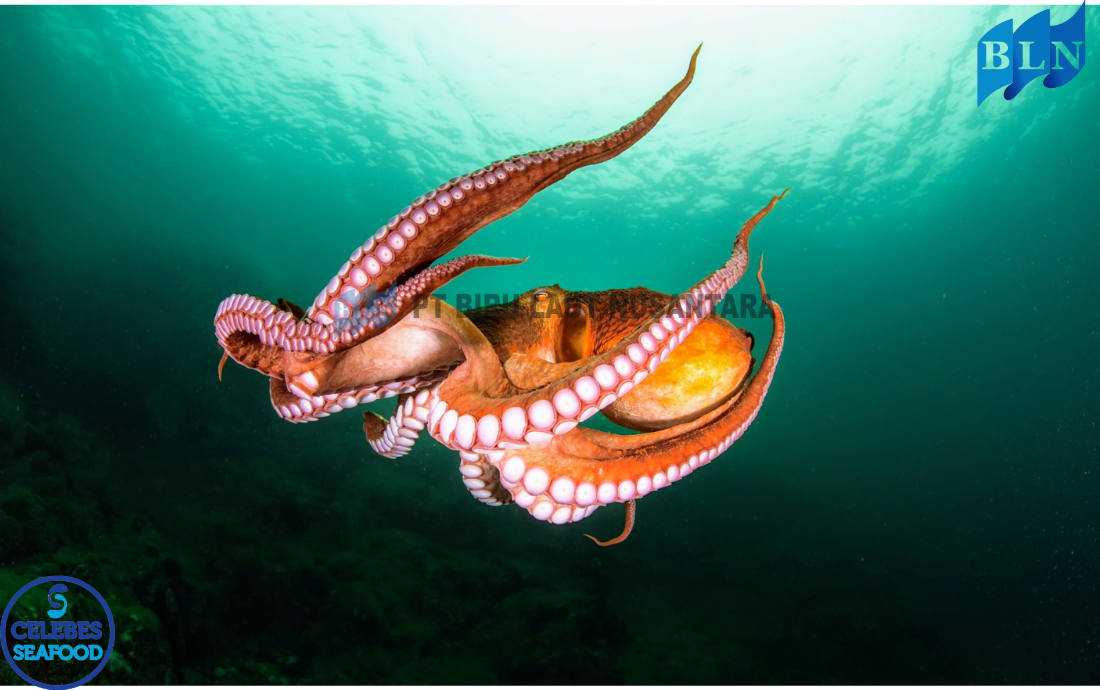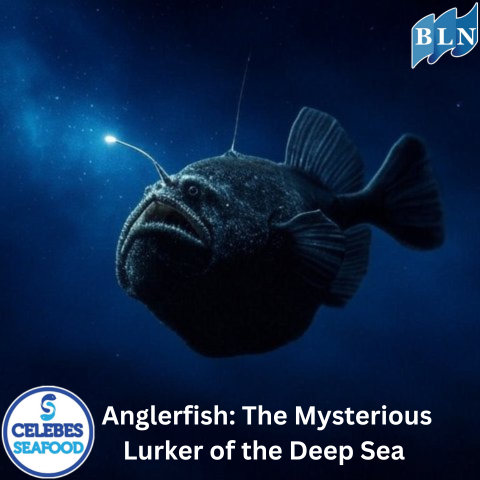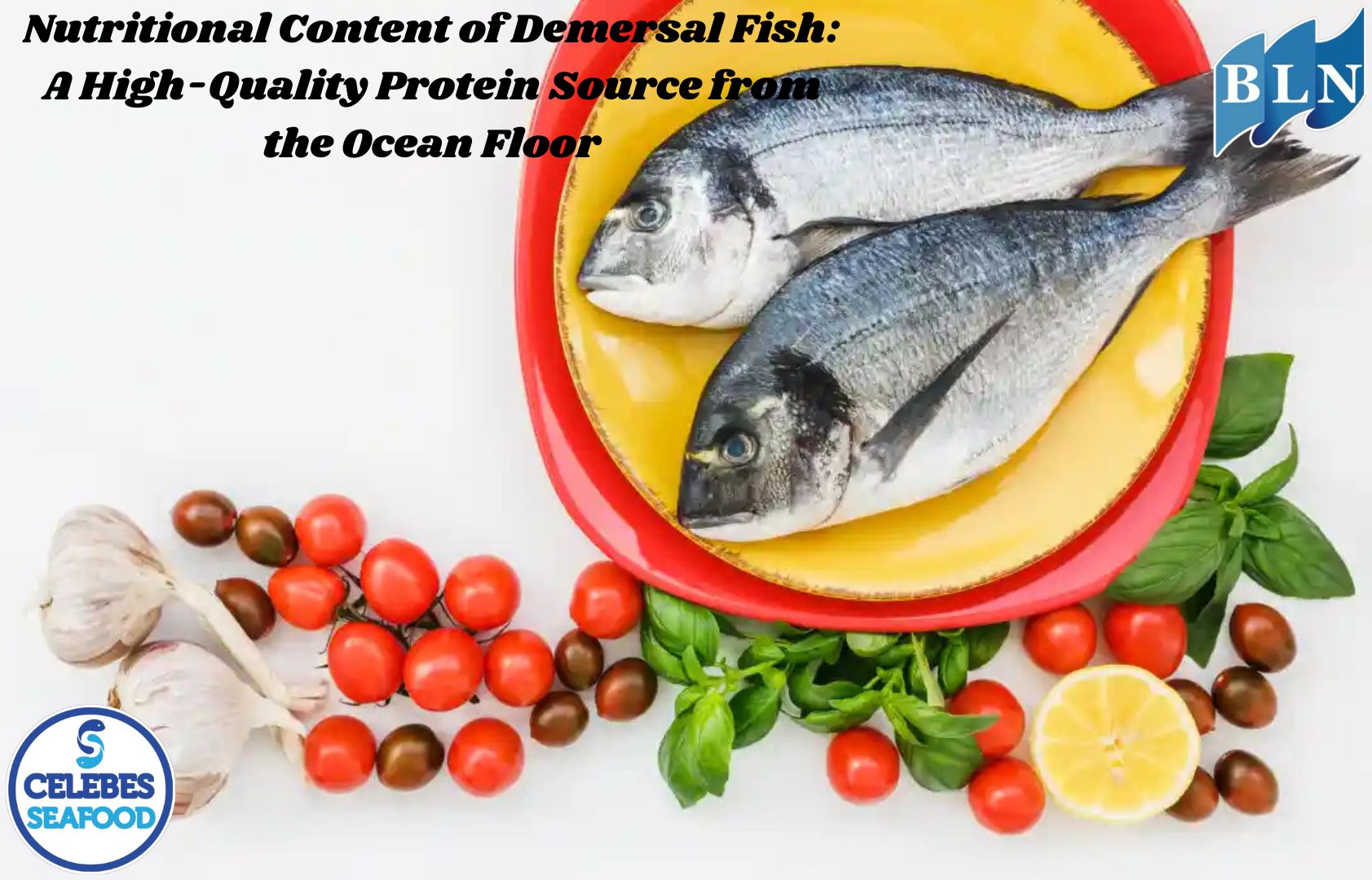The Role of Octopuses in Marine Ecosystems
By. Azizah - 03 Feb 2025
lautnusantara.com Octopuses are fascinating marine creatures known for their intelligence, agility, and unique biological adaptations. Beyond their intriguing characteristics, octopuses play a crucial role in maintaining the balance of marine ecosystems. Their presence impacts food chains, biodiversity, and overall ocean health.
Predatory Role in the Food Chain
Octopuses are carnivorous and serve as both predators and prey in the marine food web. They primarily feed on crustaceans, fish, and mollusks, helping regulate the populations of these species. By keeping certain prey populations in check, octopuses contribute to the stability of marine ecosystems.
At the same time, octopuses are prey for larger marine predators such as sharks, dolphins, and some large fish. This dual role as predator and prey ensures that energy flows efficiently through the marine food web, supporting ecological equilibrium.
Read Also : 6 Ways to How to Cooked Octopus
Contribution to Biodiversity
Octopuses inhabit various marine environments, from coral reefs to deep-sea trenches. Their presence in these ecosystems promotes biodiversity by influencing species distribution and interactions. Some octopus species modify their surroundings, such as creating dens or burrows, which in turn provide shelter for smaller marine organisms.
Additionally, octopuses exhibit unique behavioral traits like camouflage and problem-solving abilities, making them an essential part of marine research and biodiversity studies. Their adaptability allows them to thrive in different conditions, contributing to the resilience of marine ecosystems.
Read Also : Here Are The Potential and Challenges of Octopus In South Sulawesi
Impact on Habitat and Ecosystem Health
Octopuses help maintain healthy ocean environments by participating in nutrient cycling. When they consume prey and later excrete waste, they contribute to nutrient redistribution in the water, supporting plankton growth and other microorganisms crucial for marine life.
Furthermore, octopuses' movements and hunting techniques, such as burrowing and overturning rocks, help aerate ocean sediments. This process supports microbial activity and benefits smaller organisms that depend on nutrient-rich seabeds.
Challenges and Conservation
Despite their ecological importance, octopuses face various threats, including climate change, habitat destruction, and overfishing. Rising ocean temperatures and acidification can affect their survival, while excessive harvesting for commercial purposes may disrupt population dynamics.
Conservation efforts are essential to protect octopus populations and the marine ecosystems they support. Sustainable fishing practices, marine protected areas, and further research into octopus behavior and habitat requirements can aid in preserving their role in the ocean.
Octopuses are vital contributors to marine ecosystems, playing key roles in food chains, biodiversity, and habitat maintenance. Understanding their ecological significance allows for better conservation strategies to protect both these intelligent creatures and the broader marine environment. Preserving octopus populations ensures a balanced and thriving ocean ecosystem for future generations.
If you Interested in Our Product Octopus Balltype, Octopus Flower, Octopus Legs & Octopus Block Whole Clean/Whole Round please do not hesitate to contact us through email and/or whatsapp

.jpg)
 The Producers of Aquatic Ecosystems.jpg)


.jpg)
.jpg)
.jpg)
